
 Some are heading out, others are waiting to get in.
Some are heading out, others are waiting to get in.
I know you—you’re one of those game industry folks slaving away in Caohejing.

By 10 PM, Caohejing’s still gridlocked, and the game company lights are still on. Cab drivers love chatting it up, calling you "tech geniuses" with fat paychecks, making "the ninth art." The 'ninth art' refers to video games, seen as a new art form that combines elements of the traditional eight arts (literature, music, dance, sculpture, painting, architecture, theater, and film). You nod sleepily, half proud, half thinking you’re not really the genius they’re talking about.
You drag yourself home—where rent swallows a third of your salary—shower, crash, and slowly recharge. When you close your eyes, your to-do list flickers in your dreams: Welcome back to Groundhog Day, an endless loop with no win.
Of course, this might not be you. There are tons of game folks in Caohejing, all different. Roughly, they fall into three groups: people trying to get in, those who’ve been grinding here a while, and those plotting to leave.
When I asked, "What’s Caohejing to you?"
One said, "Food, shelter, commute." Fashion? Who cares—company shirts with big logos are all you need.
Another called it "The Promised Land." But which land? For whom? No one could say.

"Youthful fire doesn’t grow back"
Lilith and miHoYo’s buses roll through Guilin Road’s crossroads every morning, heading toward Yishan Road—like clockwork, just part of the scenery, like in a game.

Dapang would occasionally catch a glimpse of them whizzing past while waiting at traffic lights. He’s heard they’re just shuttles from the metro to the office park, and you still have to walk the last bit. But even so, that "miHoYo Exclusive" sign feels like a portal to somewhere he can’t reach.
He works as a QA specialist at a small Caohejing studio with no shuttle service. Though his home isn’t nearby, the metro runs direct—no transfers required. An hour each way, but for cheaper rent and less hassle, he figures it’s okay.
A QA’s day starts with arguing with planners. As the last step in "planner-coder-tester," Dapang checks new game versions to make sure they work right. If planners or coders change something, he has to adjust—so arguing with planners is just part of the job.
And the company’s pushing to "go global," so deadlines from different countries keep crashing into his schedule: Test Region A’s 1.0 version in the morning, then meet about Region B’s 1.1 in the afternoon. He just laughs and calls it "busy."
It feels like an invisible hand is shoving him to keep up. The company sends out emails sometimes, especially mid-year and end-of-year, talking about strategy and growth. Dapang opens them, glances, then closes them—they don’t really matter to him.
When he first started, he was fired up, but now, every morning when he turns on his computer, he just thinks, "Let’s see what dumb stuff the planners came up with."
After years here, he just says, "It’s tough. Projects are shorter now, people come and go a lot. We’re adding more features, but there’s not enough people, not enough time, and everything’s tangled. We start the next version before we even finish the current one."
It’s nothing like what he imagined when he got into games. A friend already in the industry had told him, "C’mon, the money’s good, you get to play games—easy." He believed it, got all fired up, ready to make it big.
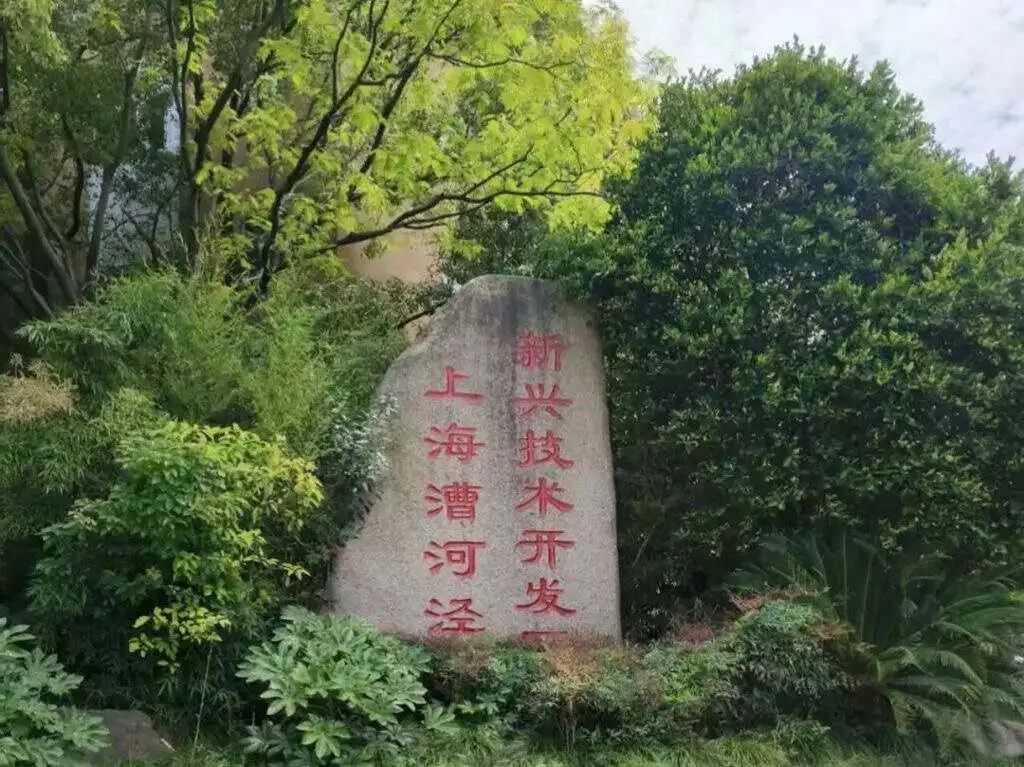
Back then, his studio was going all in on a card game, trying to beat a top hit. They hired tons of people, and everyone worked overtime like crazy. A month before launch, Dapang took cabs home after 10 PM every night—reimbursed, of course—and weekends? Gone, replaced with work.
Finally, the game launched, but it didn’t do as well as the bosses hoped. Before anyone could catch their breath, layoff notices started going out. Dapang panicked, quietly started looking for a new job. After that whole mess, he decided to switch to a different type of game.
At the time, anime-style games were blowing up. miHoYo was thriving, and Shanghai’s "Big Four" were gaining momentum, and even Tencent and NetEase were investing in new teams.

Dapang wanted in, but it wasn’t easy. He lacked experience with anime games, and studios specializing in that genre prioritized such experience. But he’d worked on a launched game, which was more than newbies had—so he got interviews, even made it to the third round at Kuro Games.
"I'd already made it to the third round of interviews," Dapang still sounded a little regretful as he spoke now, "but in the end, I got rejected because my project experience didn't match their requirements."
His journey of job-hunting while still employed hadn't been smooth, yet his name didn't end up on the company's layoff list. Once the storm had settled a little, the ambition he'd once held had been worn down to almost nothing.
"After all the ‘cut costs, work smarter’ stuff, some people left for good, others laid low. The wind’s still blowing, and the ones who fell haven’t gotten back up."
He shrugs. "Now I just feel lost. And that youthful fire? Once it’s gone, it’s gone."

Left miHoYo, now she sews cosplay clothes
Longma used to work at miHoYo. Last December, HR called her in, talked a lot, but she got the point: Sign the papers, leave.
She wasn’t surprised. Her team worked on the platform, not a specific game, and things had felt off for a while: more criticism in meetings, no rush to plan next year’s budget. When it was her turn, it was almost a relief—"Finally."
MiHoYo’s perks were famous, and she didn’t feel cheated—got a fair deal when she left. Right after that chat with HR, she went to Donghua University and signed up for a fancy fashion design class. Lucky timing—it started the next Monday.
"I’d thought about it before," she says. She’s into cosplay, loves anime, and every time she went to conventions, her cosplayer friends would complain about how hard it was to find good tailors. "So I’d thought, if I ever quit miHoYo, I’d learn to sew. Then I got fired, so… guess I’m learning."
Monday of the second week, she was sitting at a sewing machine in class. First lessons: how to use it, sew straight lines, curves. Boring, but you have to learn the basics.

"I love this. Sewing machines don’t argue—practice enough, and you get better. Simple," she says. At the company, 80% of her day was spent arguing to get things done, so mad sometimes she wanted to slam the table. "But with sewing? It’s quiet. Peaceful."
The class ended in June, and she plans to work as an anime tailor—designing and selling cosplay outfits at conventions. She considered reentering the job market, but this year’s climate speaks for itself.
"Cost-cutting and efficiency-boosting" still haunts people in 2025. Gaming companies still hiring don't seem short on managers or full-timers—just entry-level staff and "outsourcers" to work under them.
She had also wondered what exactly the gaming industry was turning into. Longma quite agreed with the bold statement Cai Haoyu had made before: in the future, there would be only two types of developers in the gaming industry—those in the top 0.0001% of geniuses leading elite teams to create something unprecedented, and the 99% of amateurs developing games to fulfill their own ideas. As for developers who fall between average and professional, Cai Haoyu suggested they consider switching careers.
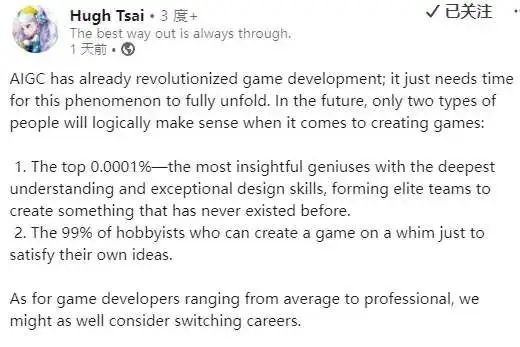
Longma now sews clothes at home, finding a quiet rhythm far from game development’s chaos. But the industry she left has shifted dramatically since then: AI isn’t just altering: AI isn’t just altering the creation of "XX-like" games—it’s reshaping the field’s entire business logic.
The entire gaming industry has failed to innovate new gameplay mechanics, resorting instead to constant 'patchwork'—recycling existing elements rather than creating fresh ones. This reliance on repetition is most obvious in open-world games, which invariably feature "pet-catching" or "anime-style GTA," while life simulation games, despite years of iteration, still can't break free from the "Animal Crossing-like" loop of repetition. In this stagnation, AI has become a "cheap substitute" for new gameplay—AI-native drives, AI NPC dialogues... Game companies are betting on AI not just to cut costs and boost efficiency, but also hoping it will bring some truly refreshing breakthroughs.
Currently, the three foundational genres in gaming—shooters, racing games, and sports games—have each been "refreshed" by AIGC in turn. We can see more and more game companies rolling out virtual humans, even integrating large models to make human-machine combat feel close to the realism of the physical world. AI NPCs banter and joke in conversations, with their lines sometimes genuinely hilarious.
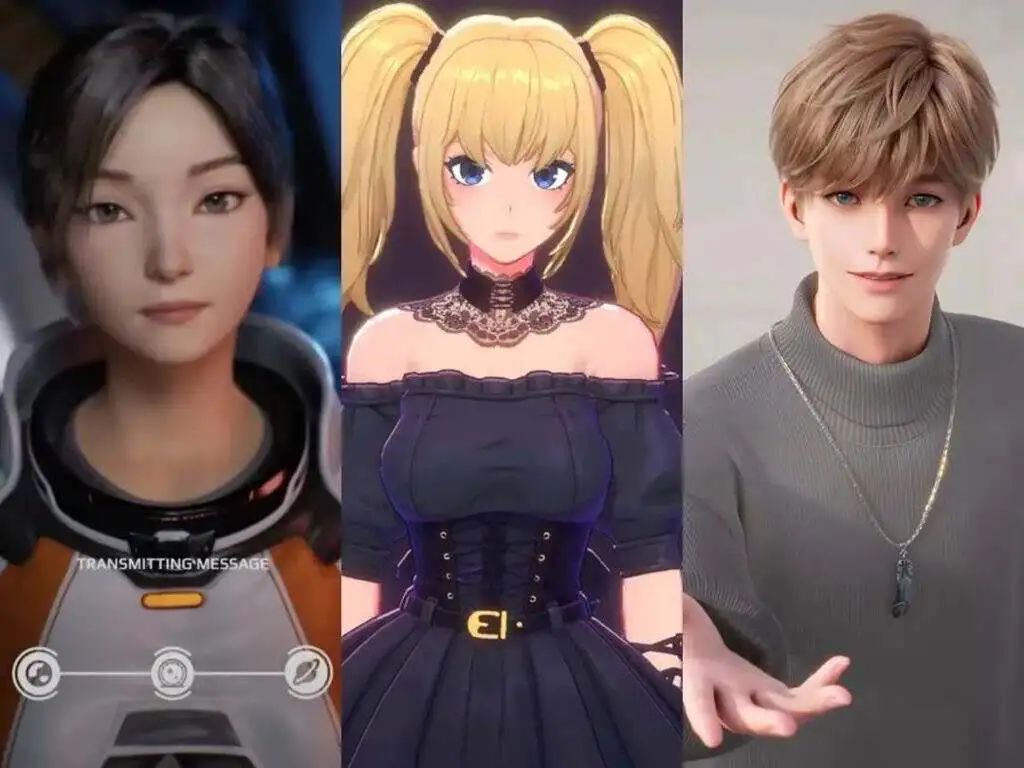
As mentioned earlier, products like pet-catching open worlds and GTA-like games have also benefited from AIGC. The production cycle for character and scene modeling has been shortened from quarters or months to weekly updates, resulting in an incredibly high output.
If game companies fail to create engaging new gameplay or mechanics, they can only resort to "horizontal stacking"—taking successful formulas, breaking them down, and rearranging the pieces to make players feel the world still holds infinite possibilities. With the addition of AI, the so-called personalized experiences have grown exponentially, but this is merely a layer of skin masking outdated gameplay.
Of course, a good story can also make a great game. However, crafting a "good story" that transcends cultures, maintains consistent quality, and resonates with most people is just as difficult as innovating gameplay.
AI can’t write good stories, but it excels at satisfying players’ desire for personalized experiences—doing so more accurately, faster, and without tiring. When AI’s application in gameplay truly reaches or nears this point, 99% of human labor will no longer be necessary.
It sounds cruel, but that’s the reality," Longma said. "So I think, if I’m destined to be replaced by AI one day, I might as well do something I love, something AI can’t do—like sewing on a machine."

Dreams too big, resumes too weak
Xiaohei, trying to break into games, reminds me of Dapang when he first came to Shanghai, or Longma before miHoYo.
Like her, he got a job at a well-known big company after college—not a game company, but still famous. Less than a year later, layoffs hit.
His idea of the game industry? Same as Dapang’s back then: "Good money, get to play games." Doesn’t care about "work-life balance." "I don’t need to split work and life. Sometimes I panic if I leave the house without my laptop."
Last year, he went to Hangzhou’s CP Convention, bringing two laptops—one for work, one personal. Had stuff to finish, and says he’ll work hard—if the company makes it worth it.

People inside and outside the industry see it differently. Xiaohei thinks, compared to the e-commerce world he knew, games (as an industry, not one company) are more stable.
He used to do marketing. "E-commerce’s crazy—one new trend, and everything you did before is useless. So much uncertainty. But people always need fun, and that means games. So it’s steadier, right?"
But folks who’ve worked in Caohejing might disagree. Longma says it’s not just Shanghai—the whole industry is in flux. People are job-hopping, temp roles are on the rise, and full-time positions are shrinking.
Less money’s being spent on ads, too. The Dataeye says in the first half of 2025, mobile game ads have dropped to about 15.8 million—25% less than last year’s figure. New ads hit a 3-year low; reusing old ones is normal, and fewer new games are even trying to advertise.
Xiaohei is seeking a marketing or advertising role at a game company. He’s sent over 50 tailored resumes, applying only to positions he believes he’s qualified for.
Result? Zero interviews.
Rejections usually say: "Thanks for applying. After review, you’re not a match. Hope to work together someday."

At least rejections are something. Most resumes just vanish, lost in the pile. Xiaohei’s discouraged. He saw HR read his message and not reply, and wanted to ask "What’s wrong?" but no one answered. Feels stuck in a glitchy game, can’t report the bug.
This "can’t get in" feeling isn’t just for newbies. Too many people, not enough jobs—even insiders struggle to switch roles.
This struggle to switch roles was the same for Dapang, and also for Yingzi, who joined Tencent Games through campus recruitment last year.
Yingzi majored in level design, and her target position was naturally level planner. However, what she finally received was a system planner offer that didn't match her expectations.
New grads don’t get much say in big companies. All Yingzi could do was apply for role transfers, wait—and hope a team would pick her, staying up for interviews with 7-hour time differences.
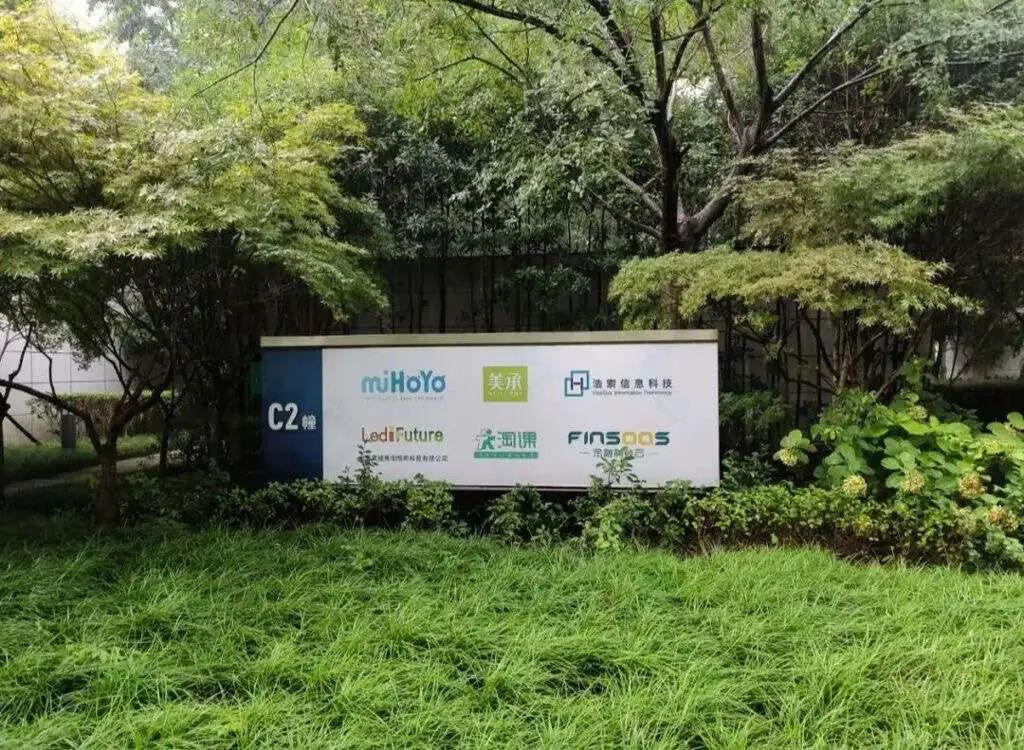
"As a job hunter, you can’t say no to a chance like Tencent. If the only offer is system planning, even if it’s not what I wanted, I took it."
In her year there, she tried to switch roles, but no luck—no experience in the role the company wanted. And switching from student to worker? Hard.
In school, as a game design student, she cared about her ideas, wanted them to become real games. At work, as a Tencent planner, she has to think about what players want first, and if there’s data to prove the idea works.
Getting hired by Tencent out of college? She’s ahead of most. Most days, she’s focused on her love for games. But sometimes, realizing she has no say in her career path? It’s confusing.

Can love for games break down the walls?
The industry’s like a walled city—people inside want out, those outside want in, and workers bounce between different enclosed zones.
But it's not true that all game industry workers are trapped in this "siege." In this hallowed realm known as "the ninth art," there are still many who find joy in their work out of sheer passion.
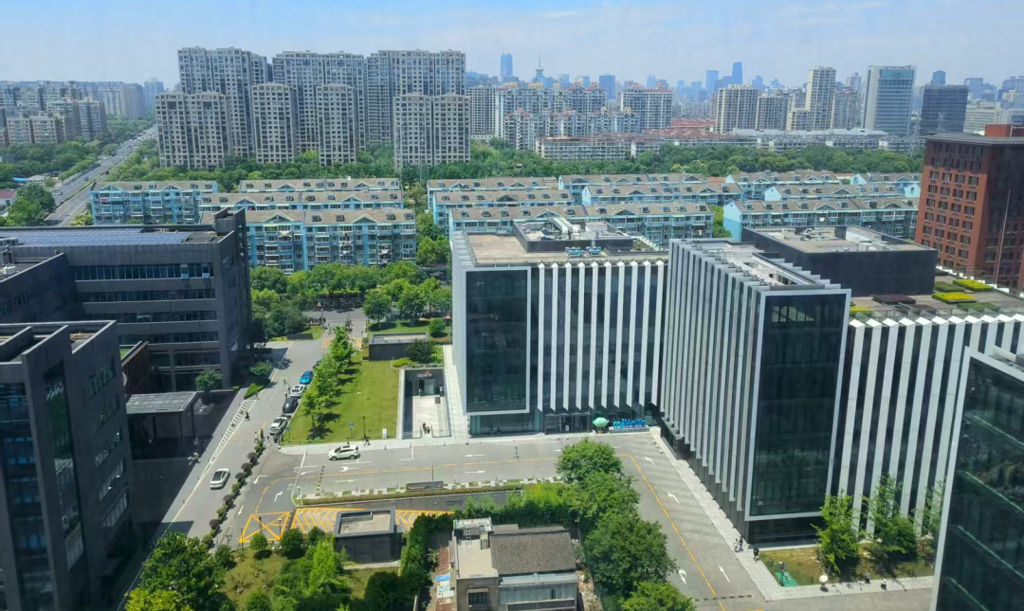
Xiaobai, who works at a foreign gaming company, is one such person. He is very straightforward. When looking for a job after graduation, he found that he was only happy when interviewing with gaming companies, so he resolutely threw himself into the gaming industry. Even though his previous internship experience was not "relevant" and he had to take a pay cut, it was all worth it to him.
When he first joined the company, Xiaobai approached projects from a player's perspective, but he was quickly hit hard by reality. The company preferred to focus on commercialization design rather than gameplay, and some colleagues and leaders in the project team didn't even play games much. "I find this incredible. How can people making games not play them?"
Time has mellowed Xiaobai, who now sees these realities calmly. For a project to survive, some compromises are unavoidable. Beyond these necessary concessions, his love and dedication to the gaming industry have remained unchanged for four years, just as strong as day one.

He readily admits his passion endures because he’s part of a strong project and company.
On one hand, the foreign gaming company he currently works for truly values players, which perfectly aligns with his own philosophy. On the other hand, the company provides them with sufficient freedom and space for experimentation.
"Our company has internal incubation projects, all of which are proposals from employees themselves. If a proposal is approved, the company will assign some staff to help advance the project, or you can even find friends to work on it together—both are allowed," Xiaobai speaks highly of this system. "I think this is why I’m particularly willing to stay with this company. What I expect from the gaming industry is the opportunity and joy of constantly learning and solving problems."
Of course, Xiaobai knows he is among the luckier few, and he has no intention of using his own experience to refute the pain and confusion his peers are going through.
After all, there are indeed some frustrating realities in the gaming industry. The walls of this "siege" are growing ever higher—not only have recruitment standards risen sharply, but the barriers to switching roles or shifting career tracks within the industry have also intensified.
Some people joke online: The current gaming industry has such strict requirements for vertical experience that it's like, if you've ever fried chicken nuggets at KFC, you can't get a job frying French fries at McDonald's. Because McDonald's only hires those who have fried only French fries before. Otherwise, HR will press: "Why have you fried chicken nuggets too? Does that mean you have an unclear career plan?"
It sounds exaggerated, but a friend of mine who wanted to switch from community operations to system planning was actually asked a similar question in an interview not long ago.
At the end of these interviews with people in the industry, I asked: "What does Caohejing, or the game industry, mean to you?”
Xiaohei thought of Lilith—their buses, always parked near Tech Oasis, which he’d noticed often during his time working nearby. He applied after being laid off, but never received a reply.
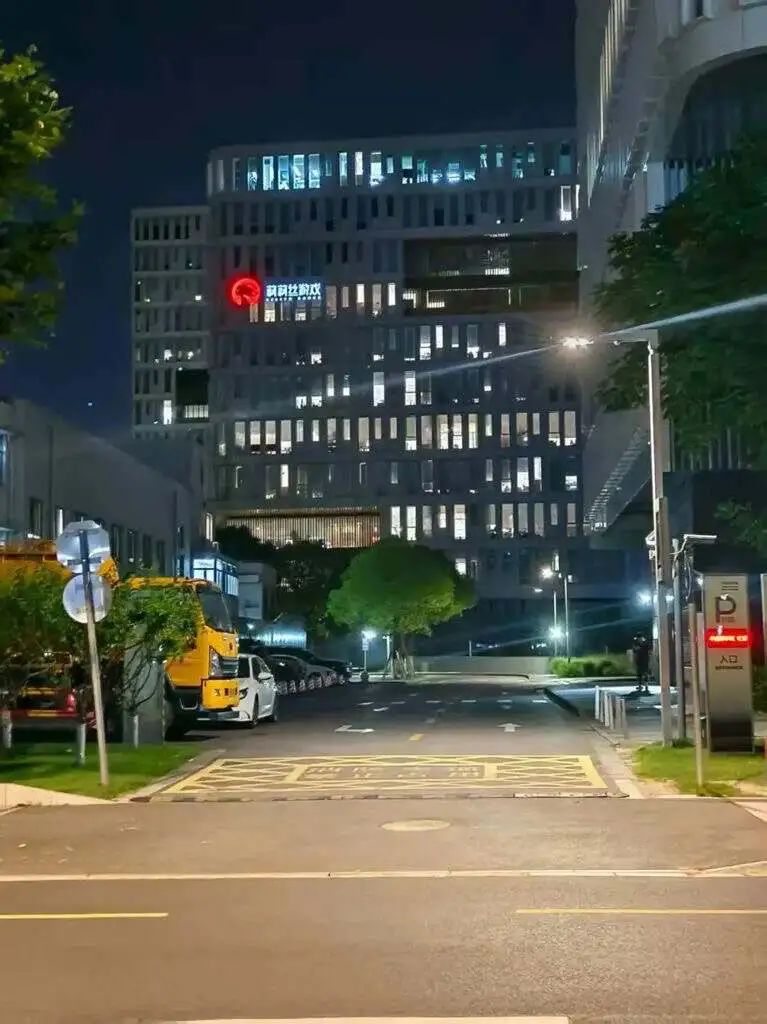
He still wants in, but wonders if he’ll ever get on that bus.
Dapang observes the industry buzz—new game approvals, summer events. "But that’s their success, and my overtime. I’m too busy testing to even play the games."
Yingzi remembered words from a female producer she looks up to:
"You can learn game design anywhere. Just know what you want to do, who you want to be. Keep moving forward."
"Moving forward with purpose, or even confused—either way, keep going. More paths will show up."

本文系作者Li Menghan授权竞核发表,并经竞核编辑,转载请注明出处、作者和本文链接。想和千万竞核用户分享你的新奇观点和发现,点击这里投稿。